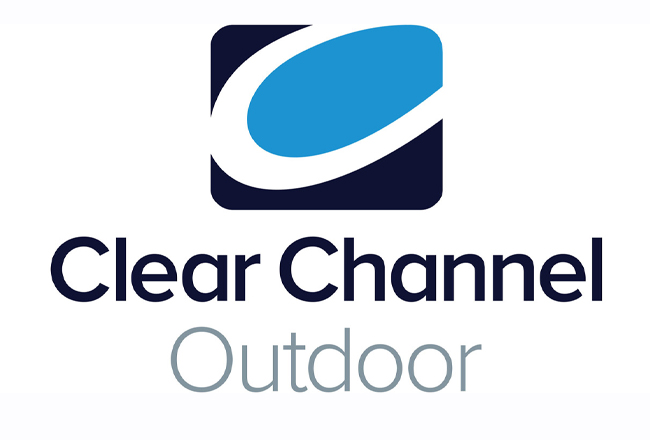Clear Channel challenges New Rochelle billboard ultimatum
Clear Channel Outdoor says New Rochelle is illegally forcing it to remove billboards, threatening excessive fines and awarding its locations to a competitor in the culmination of a two-decade campaign against the advertising company.
Clear Channel is demanding that the city allow it to keep several billboards and pay for signs that are removed, in a lawsuit filed Nov. 5 in U.S. District Court, White Plains.
“In ordering Clear Channel to remove its signs, the city is not seeking to advance any legitimate public interest in safety or aesthetics,” the complaint states.
Kathleen Gill, the city”™s corporation counsel, declined to offer New Rochelle’s side of the story, stating “the city does not comment on pending litigation.”
 Clear Channel, based in San Antonio, Texas, operates 16 billboards in New Rochelle, including six on the Interstate 95 corridor.
Clear Channel, based in San Antonio, Texas, operates 16 billboards in New Rochelle, including six on the Interstate 95 corridor.
They generate about $1.8 million a year, according to the lawsuit, and the most valuable are the six along I-95.
The city banned billboards in 1996, but Universal Outdoor Holdings Inc. ”“ a company that Clear Channel later acquired for $1.7 billion ”“ sued in federal court, challenging the constitutionality of the law.
The city and the billboard companies settled in 2000. The advertising companies could build up to nine new billboards along I-95, according to the complaint, and they agreed to remove “certain billboards.” The city exempted the remaining signs and the newly authorized signs from billboard regulations until Dec. 31, 2020.
New Rochelle repealed its total ban on billboards in 2001 but declared that signs in existence on March 20, 2001, shall be removed before the end of 2020. The law does not apply to billboards erected after March 20, 2001, according to Clear Channel, including five of its six I-95 structures.
But New Rochelle was not eliminating billboards. In 2016, the city solicited proposals to build nine new billboards along I-95, for a share of the revenue and in exchange for exclusive right to operate outdoor advertising in the city.
The winner could use existing billboards, including Clear Channel”™s, if the owners agreed to sell.
A competing company won the contract, Clear Channel says, promising to pay $100,000, $225,000 for each digital billboard face, $75,000 for each static billboard face, and 50% of gross revenue.
On Sept. 21, according to the complaint, Luiz Aragon, the city”™s commissioner of development, told Clear Channel to remove its billboards by Dec. 31.
The following day, the city council amended the billboard law, “for the exclusive purpose,” the company alleges, of giving Clear Channel “an incentive to comply with the city”™s removal order.”
The new law imposes fines on advertisements that are still posted after Dec. 31. Fines begin at $250 a day and by year two escalate to $10,000 a day. They apply both to the billboard company and to property owners who lease the land for the structures.
The maximum fines would cost Clear Channel and its landlords $116 million a year each, according to the complaint.
The sign company said the city has ignored its requests for a hearing and has denied “just compensation” for removing billboards.
New Rochelle”™s actions violate the First, Fifth, Eighth and Fourteenth amendments of the U.S. Constitution, Clear Channel alleges, regarding protected speech, unlawful taking, just compensation, excessive fines and due process, as well as the state highway law and eminent domain law.
Clear Channel is asking the court to stop the city from ordering the removal of billboards unless it pays fair market value for the structures, and from imposing fines for not removing the billboards.
Manhattan attorney David M. Rody represents Clear Channel.